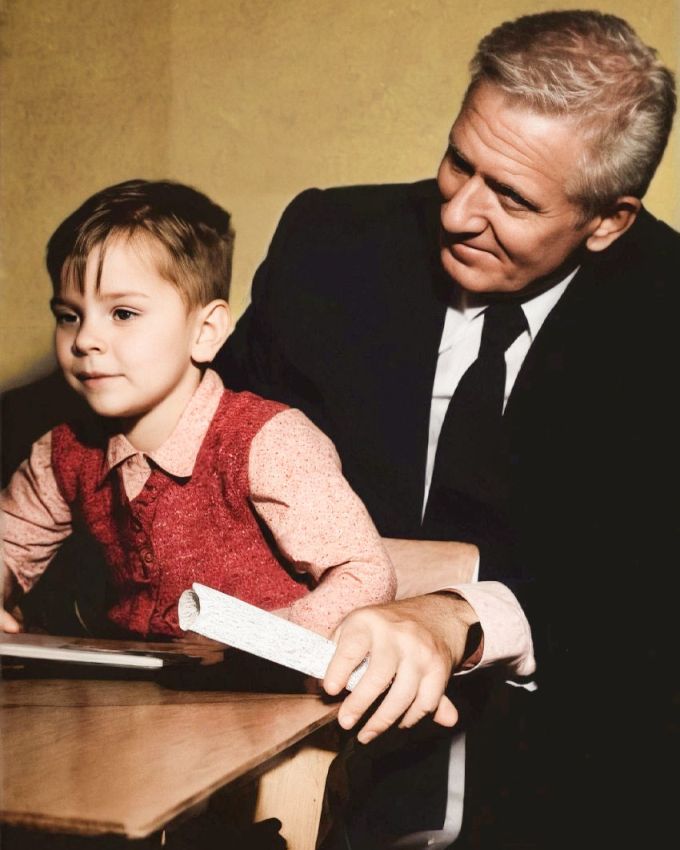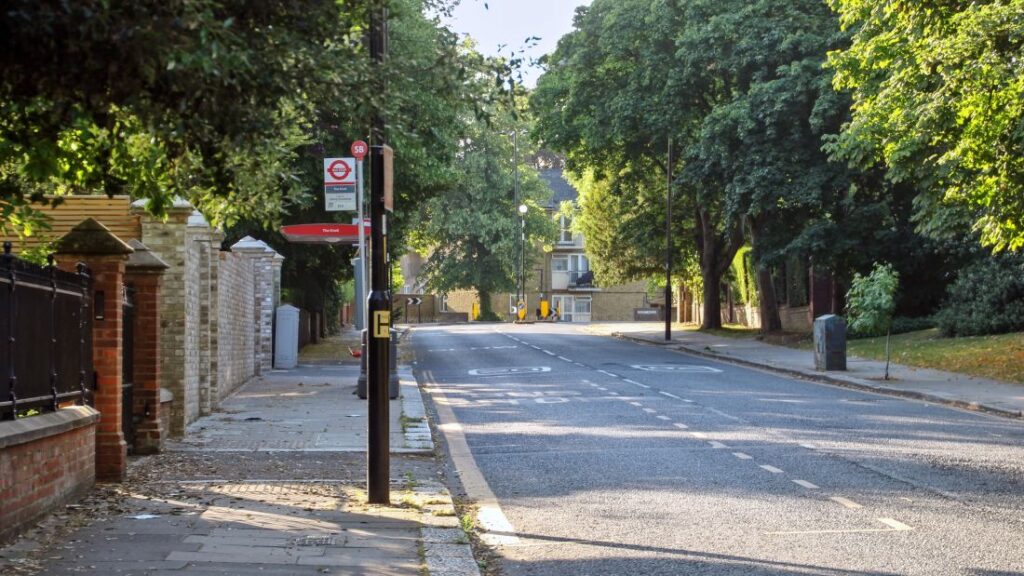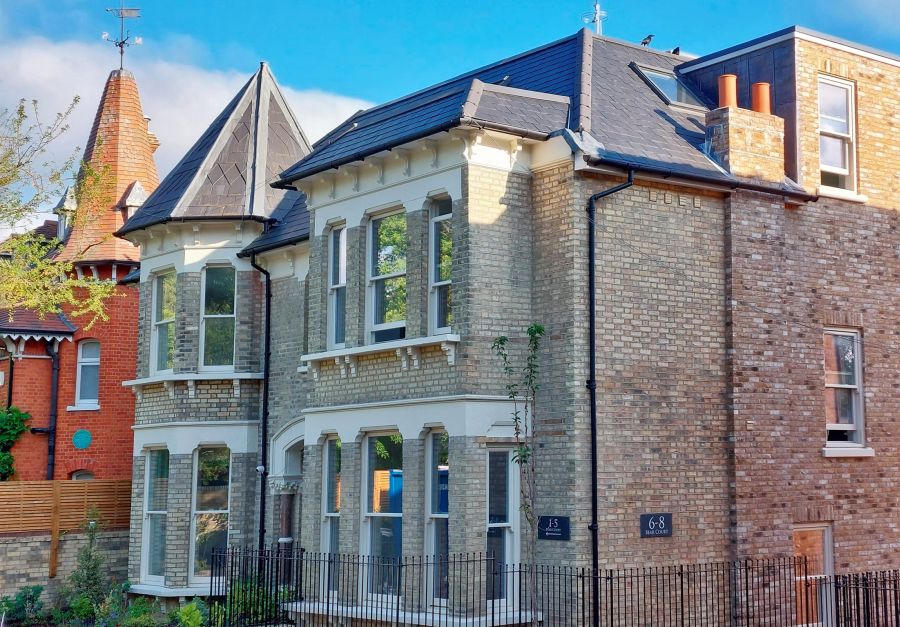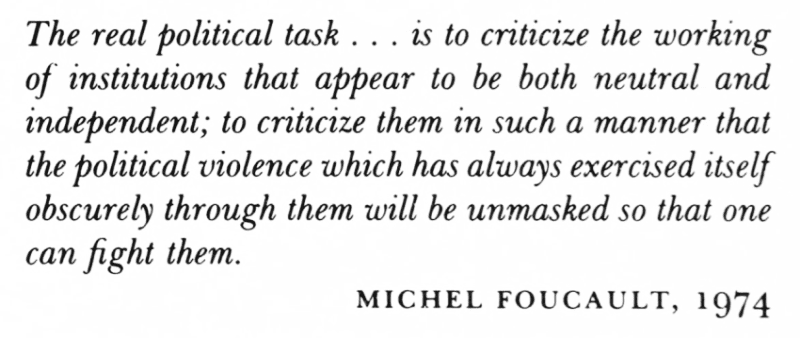A little known 1950s oralist experiment and its fall-out
This is about the post-war oralist programme aimed at rearing fully conversant hearing speakers out of Deaf children.
How did this special experimental oralist programme of the 1950s and 1960s originate – which few know of. It was a regime which by way of yours truly had clearly been an involuntary participant and whose life was ruined by the programme of oralism it promoted.
Its not known when the at-home method for the purposes of oralism was first begun, but it was probably effected in one form or another during the later years of the 19th Century. By the time of the early 20th Century it was certainly a known methodology and an article in the Volta Review in 1910 under the heading ‘Value of Home Training’ discusses the endeavour. James Kerr Love from Scotland had clearly espoused the idea as part of a presentation to the the American Laryngological, Rhinological and Otological Society on 29th April 1910
There is every evidence from recent research the 1950s experiment was set up by the Royal Ear Nose Throat hospital in Gray’s Inn Road. They had a convalescence home in Ealing and for the special oralist experiment the next door premises was bought. The idea came from the John Tracy Clinic for the Deaf in the USA – supported by no other than Walt Disney and Spencer Tracy. It was set-up by Louise Tracy in 1942. The clinic’s ideals were developed during its early years thus it was more of an individual approach. One question that must be asked of the British version of the Tracy Clinic – is who was it that set up the experiment?
It was Doctor Edith Whetnall. She was the director of the Royal National Nose Throat and Ear hospital in Gray’s Inn Road and also the newer Nuffield Centre in Swinton Street. It was the Nuffield Centre that took on some of the work from Ealing – no doubt as a means of increasing the throughput that was required for this experiment- namely an army of mums who were also dedicated speech trainers. In a sense after 1961 there were three stages to this programme. 1) The John Tracy Clinic (for mums and deaf toddlers). 2) The hostel next door (the Dame Gertrude Young centre) became the means of accelerating the deaf childrens’ endeavours to become oralists. It was also used as a means of ascertaining how well the children were doing and whether their mothers were doing the required speech training or not. 3) After the age of five or six years both mother and deaf toddler were exclusively sent to the Nuffield Centre on a monthly basis. Again it was to see how the children were doing but also to give the mother any support in speech training.

It was under Edith Whetnall Britain’s very own John Tracy Clinic was opened on 14th September 1953. MP Iain Macleod (Minister of Health) and the actor Spencer Tracy officiated. A photograph of Spencer Tracy at the opening of the Ealing facility is shown. (Image colourised by Deaf21).
A PDF featuring the clinic and Edith Whetnall – with two other photographs featuring Spencer Tracy is available from the Ealing Civic Society.
NOTE: Wikipedia says it was the Nuffield Speech and Language Unit – however that name did not come into use until 1971 and was used right up until the centre’s closure in 2011. As for it being the John Tracy Clinic, the author has never seen that name used, but nevertheless many reports do describe it as such so it must certainly have had that name when it first opened.
The clinic was an experiment where mothers and their deaf children resided at Ealing for a number of weeks of education to learn the use of speech training and associated equipment. The aim was to create an army of enthusiastic mothers who would accelerate the oralist programme where Deaf children would become fully conversant hearing beings thus avoid any necessity of having to use BSL.
The adjacent convalescent home was shut and a new clinic opened. Participants in the earlier scheme would benefit from its kids having intensive oralist education in order to accelerate their progress. The new clinic opened September 1961 and it was Enoch Powell MP (the utterly gross racist) who had officially opened it.
As described earlier there was now a dual programme. 1) The original where mums/toddlers shared the training/education. 2) A new clinic where kids from the previous programme received additional oral assessment – essentially a way for invigilators to evaluate the childrens’ progress.
This was backed up by a third element which was regular monthly attendance for mother/child Grays Inn Road. The leader for that inclusive part of the programme was Miss Wendy Galbraith (who hailed from Cheadle Hulme and originally had trained as a teacher of the deaf at the Manchester University Oralist school). Some journals such as Talk and the Volta Review do certainly highlight the importance of her work. I was featured in one early copy of Talk magazine in which Wendy Galbraith had highlighted some of the difficulties getting deaf children to talk.
Both the NDCS and the RNID had some involvement too – mainly in referring deaf children to the programme as well as the former featuring the experimental programme in its Talk magazine. However the RNID was also where certain events were held – these were led by Miss Galbraith and demonstrated the various children being paraded and forced to parrot words/sentences whilst hearing people onlookers admired and applauded the poor deaf kids’ futile efforts. In a sense these were what would be described as a freak show.
The RNID in London’s Gower Street – where a number of freak oralist shows took place in the 1960s.
These three programmes were far in excess of anything the US Clinic had advocated. The notion was the sooner a child began speech development (as little as six months old) the better chance they would have of being a hearing person. What isn’t reported is the number of hours it would take to teach a child to become the ideal hearing person. A normal hearing child has countless hours of natural ‘oral instruction.’ To try to do this to Deaf children was a fallacy. Instead of a natural state where the child would pick up all sorts of communication and spoken language, the Deaf child was expected to shoehorn, to compress, say an entire week of constant oral instruction into something like 12 to 15 hours a week. That is without even being able to know the intricacies of speech or even to have a clue what speech entails or how it is produced. It was a very damaging doctrine.

General view of what could plausibly be described as London’s very own Oralist Avenue. On the left were the Tracy/Nuffield buildings with their experimental oralist mission. The flats in the distance were built on the site of the former College for training teachers of the Deaf whose output increased after 1880. A number of leading oralists – including a certain Mary Adelaide Hare – were taught here.
Hence it was 1) an army of mothers who doubled as oralist teachers. 2) Oral training of the child from six months of age – those like me were indoctrinated into this programme at this early age. 3) Social activity was strongly discouraged especially for fear of its participants meeting other Deaf and being influenced by sign language. It was strongly thought a form of social exclusion was necessary – this being a mandatory attendance for speech lessons – (which in my case took place every Tuesday and Thursdays at school) and every day after school hours at home – thus no playing outside or any other form of social activity. This also extended to a number of hours at weekends. The only ‘breaks’ allowed from this regime was the school holidays.

The clinic at Castle Bar Hill, Ealing, with its plaque to Doctor Edith Whetnall visible. Wikipedia.
Were there other Deaf children enlisted in this programme? Two others are known to the author. There was Nigel who spent a number a weeks over the same period as myself at Castlebar Hill. His family pulled out because the regime was too intensive. There was also Emma – her plight was shown in a See Hear special some thirty years ago. A number of home movies given to the programme showed the struggle to get Emma to become a fully ‘hearing person.’ The family soon disbanded themselves from this methodology because Emma wasn’t really learning much else – and that had worried her mum greatly.

Adjacent to the original premises (seen at left) was the 1962 extension converted from an existing convalescent home. This June 2025 photograph by the author shows the premises now converted into flats known as Bear Court.
As for myself, my family took up the programme lock, stock and barrel. I still have the equipment and letters to prove this programme took place. Thanks to the enormous oralist benefits (if those can be called that) which Edith Whetnall and others had bestowed upon quite a number of unfortunate victims including myself, the result was for me, that hearing pupils would regularly beat me up as if I was some sort of freak. It was clear they didn’t like my crude ways of speaking or my often ill-conceived social interaction attempts. The whole oralist experiment had its extreme effects including rewiring the brains of its very young participants who had gone the full course because the constant disavowing of any sort of properly needed social interaction was highly essential to the success of our becoming ‘perfect little hearing children.’

The psychological effects of oralism on Deaf children. Sage.
No doubt some of us become idiot savants rather than the effective parrotters of speech the programme’s advocates had hoped for. It was an extremely heavy price to pay in terms of the philosophy that Deaf children should basically be forced to speak before anything else. There was worse, including being taken advantage of for sex by hearing adults. Very unsurprisingly hearing people have the power by which they can easily deny such matters had occurred – and no matter how much we could parrott and strongly insisting that we had been victims of those hearing peoples’ unsavoury activities, the police and others just looked blankly at us as if we were the most abject liars that had ever existed on the planet.
As I have asserted to several people – even just one hearing person has ‘an army’ to back them up. The attraction lies in the ability to appeal to others (such as the police believing those who speak and not those who don’t) and its part of the duplicity a speech power ennobles towards the Deaf. My attempts to get one person in particular arrested for this violation (eg sexual abuse and then an attempt to kill me afterwards) brought derision from the police and since that moment I have realised the police (and other hearing) will very easily listen to those who speak. It was a very powerful way of learning just where the demarcation of truth and the belief lines are situated – and its a very cruel way of learning just how useless any Deaf person happens to be when it comes to defending ourselves against those who are hearing and who speak.
In terms of family and home situation my dad became a profligate wife beater. Focus on speech training (plus the failure to produce a normal hearing child) brought scorn from my Dad. This also scared me because when I tried to stop this violence I would get beaten too. I developed a very nervous tic and blinked a lot – evidently this was due to trauma from the oralist programme and the many other instances of which I had no control. I damaged myself a lot by banging my head repeatedly on the floor or against the walls and crying and screaming, and I looked like some sort of ghoul when I finally attended my first proper deaf school.
The Reading Evening Post (P11, 30/09/67) mentioned that the Principal of our school had found ‘the lack of suitable boys was particularly noticeable’. Some of the most retarded boys were insinuated to be at the school and the principal had stressed there were limits beyond which the school could not go. It seems after just one month or so the school had become exasperated with those who were not up to its standards. I uncovered this news item in the course of my various researches and it came as a shock.

The headlines of the 1967 article in which the school basically asserted it didn’t want deaf retards.
My inability to mix with others brought hatred and criticism from others who were deaf. In those early school photographs one can see I have a scary look which was in fact a frightened look and wanting to avoid anything that would possibly cause hurt to myself. Perversely what could perhaps be described as a better class of deaf – rather than retards – had ‘detected’ I did not fit in as I could not stop blinking or scowl for the lovely school photographs where everyone smiled were considered quite spoilt.
Sadly the same sort of endeavours as I had experienced in the hearing world began emerging. These basically were ‘correction’ regimes undertaken by other deaf pupils who thought beating me up or other form of punishment would force me to ‘conform’ to a correct way of socialising and mixing. It didn’t work and soon extended to accusations of me of stealing stuff, smashing up things etc. Others were actually doing this and then placing the blame on me – it was ever so easy because I was completely vain and had no clue what others were designing. Some of these ‘activities’ or ‘projects’ had a name – one was called ‘Pow‘ and another, very frighteningly, was known as ‘Murder.’ It was scary the mentality of some of these pupils. Anyway as a result of these quite ingenious schemes I was banned from social activity and events. The Principal and staff thought it was a just punishment for the many wrongs I had done. Except I hadn’t done anything and was instead the victim of a mass blame game which no doubt gave some a judicious sense of power. It was no doubt a form of Lord of the Flies. When one considers it was a boarding school and social activity was important, the punishments doled out were extremely powerful. It went on until the third form when I began to become neutral to pretty much everything – avoiding situations that might cause a mere slip in the realities I faced. I knew I didn’t fit in and despite the number of protestations I made about the school, my mum and family thought I should stay the course.
Clearly I didn’t fit – not even the deaf world. There’s so many instances I can relate in terms of that – but to cut to the chase. Any job I had were things I simply could not sustain because I just could not trust other staff or management. In one job I had, I was accused of arriving late every morning – and that despite my waking up every day on time and then walking to work in order to arrive there consistently ON TIME, I soon got fed up with the manager constantly having a go at me so I quit. Even working for the BDA and Sense definitely brought out the worst in others. In the 1990s it was suggested I had autism. The detection of autism was not possible as the then experts had no clue re deaf and a number of assessments at London’s top autism centre – Maudsley – declared me not autistic. It was only 2014 when I finally met an expert who included deafness in their analysis and I was very clearly diagnosed as having autism. I think that was quite possibly induced by way of Ealing, the oralist programme and the continual marginalisation at school and work etc.

The Maudsley Hospital at Denmark Hill, Camberwell, South London. See Around Britain.
Problems and autism aside, the notion that speech is the one-fit answer to social cohesion/work is exactly why Deaf people cannot break the glass ceiling and be a true citizen. And yet its ironic the Oralists are insisting the Deaf would be better off learning to speak, and then its the hearing world that is saying, “no, you Deaf people cannot have just any job you want. You can do certain jobs but that is as far as it goes.” And hearing people do strive to ensure that Deaf people are discriminated against. The rhetoric espoused by oralism is duplicitous because its a case of saying something like, ‘we want you (the Deaf) to join our world’ but then when we dare to, we are punched in the face (almost literally) and are called a number of things, including fakes, duds, defectives, pretend hearing and have horrible voices nor can pronounce words correctly. And of course there’s the unmistakable ‘deaf voice‘ most hearing can detect.
In short what it amounts to is a ‘cruel deception’ as Harlan Lane once said in an interview on See Hear. The famous psychologist, who was hearing, held a view that the hearing world is duplicitous and its real intent was to ensure the recession of the Deaf community. His work, The Mask of Benevolence, shows just how this maligned push by the hearing world (or perhaps more accurately the oralists) works – and a quote from Foucault is used at the frontispiece of the book – which is that organisations with such a benevolence need to be unmasked in order that any subversive violence being promoted is ultimately exposed.

Updated 3rd July 2025.




